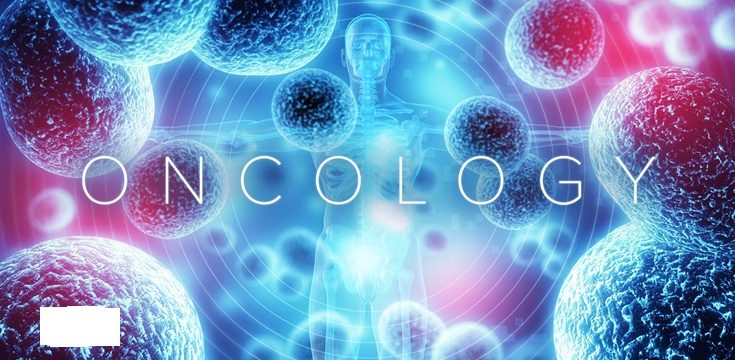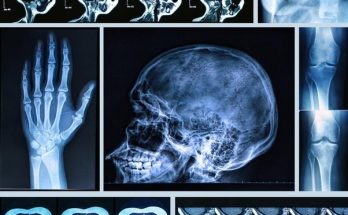Management of Radiation Side Effects: Acute and Late Effects, and Supportive Care
Radiation therapy, while a powerful tool in cancer treatment, can cause side effects due to its impact on healthy tissues. Understanding these side effects, both acute and late, and providing appropriate supportive care is crucial for patient well-being and treatment success.
I. Acute Side Effects:
Acute side effects occur during or shortly after radiation therapy. They are generally temporary and tend to resolve within weeks or months after treatment completion. The specific side effects depend on the treated area and the radiation dose.
- Skin Reactions: Redness, dryness, itching, peeling, or blistering of the skin in the treated area. Similar to a sunburn.
- Fatigue: A common side effect, often described as a persistent tiredness that doesn’t improve with rest.
- Mucositis: Inflammation of the mucous membranes lining the mouth, throat, or other parts of the digestive tract. Can cause soreness, difficulty swallowing, and taste changes.
- Diarrhea: May occur when radiation is directed to the abdomen or pelvis.
- Nausea and Vomiting: Less common with modern techniques but can still occur, particularly with radiation to the upper abdomen or brain.
- Hair Loss: May occur in the treated area. Hair usually regrows after treatment, but it may be thinner or have a different texture.
- Other Site-Specific Effects: These depend on the area being treated (e.g., difficulty swallowing with head and neck radiation, urinary problems with prostate radiation).
Management of Acute Side Effects:
- Skin Reactions:
- Keep the area clean and dry.
- Avoid rubbing or scratching the skin.
- Use gentle soaps and moisturizers.
- Apply prescribed creams or ointments as directed.
- Protect the skin from sun exposure.
- Fatigue:
- Rest when needed.
- Maintain a healthy diet.
- Engage in light exercise as tolerated.
- Address any underlying medical conditions that may contribute to fatigue.
- Mucositis:
- Maintain good oral hygiene.
- Use a soft-bristled toothbrush.
- Rinse with salt water or a prescribed mouthwash.
- Eat soft, bland foods.
- Avoid hot, spicy, or acidic foods.
- Pain medication may be necessary.
- Diarrhea:
- Stay hydrated by drinking plenty of fluids.
- Eat a bland, low-fiber diet.
- Medications may be prescribed to control diarrhea.
- Nausea and Vomiting:
- Anti-nausea medications can be prescribed.
- Eat small, frequent meals.
- Avoid strong odors and greasy foods.
- Hair Loss:
- Be gentle with your hair.
- Use a soft brush.
- Consider wearing a wig or head covering.
II. Late Side Effects:
Late side effects can develop months or years after radiation therapy. They are often more permanent than acute side effects.
- Fibrosis: Scarring of tissue, which can cause stiffness, pain, or other problems.
- Lymphedema: Swelling due to damage to the lymphatic system. Common after breast cancer treatment.
- Infertility: Radiation can affect fertility, particularly in women.
- Hormonal Changes: Radiation can damage hormone-producing glands.
- Secondary Cancers: A small risk of developing a second cancer in the treated area many years later.
- Other Site-Specific Effects: These depend on the area treated (e.g., heart problems after radiation to the chest, cognitive changes after brain radiation).
Management of Late Side Effects:
- Fibrosis:
- Physical therapy and exercise can help to improve flexibility and reduce pain.
- Massage therapy may also be helpful.
- Lymphedema:
- Compression garments, massage, and exercise can help to manage swelling.
- Specialized lymphedema therapy may be needed.
- Infertility:
- Fertility preservation options should be discussed before starting radiation therapy.
- Hormonal Changes:
- Hormone replacement therapy may be necessary.
- Secondary Cancers:
- Regular follow-up care is essential for early detection.
III. Supportive Care:
Supportive care is an integral part of radiation therapy management. It focuses on addressing the physical, emotional, and psychological needs of patients.
- Pain Management: Pain medications and other therapies can be used to manage pain.
- Nutritional Counseling: A registered dietitian can help patients maintain a healthy diet during and after treatment.
- Psychological Support: Counseling or support groups can help patients cope with the emotional challenges of cancer and its treatment.
- Physical Therapy: Can help patients regain strength and mobility.
- Occupational Therapy: Can help patients adapt to daily activities.
- Social Work Services: Can provide support with financial, social, and practical issues.
Key Considerations:
- Communication: Open communication between the patient and the radiation oncology team is essential for effective side effect management.
- Individualized Care: Side effects vary from person to person, and treatment plans should be tailored to the individual’s needs.
- Proactive Management: Addressing side effects early can help to prevent them from becoming more severe.
- Long-Term Follow-up: Regular follow-up care is important to monitor for late side effects and provide ongoing support.
By understanding the potential side effects of radiation therapy and providing comprehensive supportive care, healthcare professionals can help patients maintain their quality of life and achieve the best possible outcomes.



